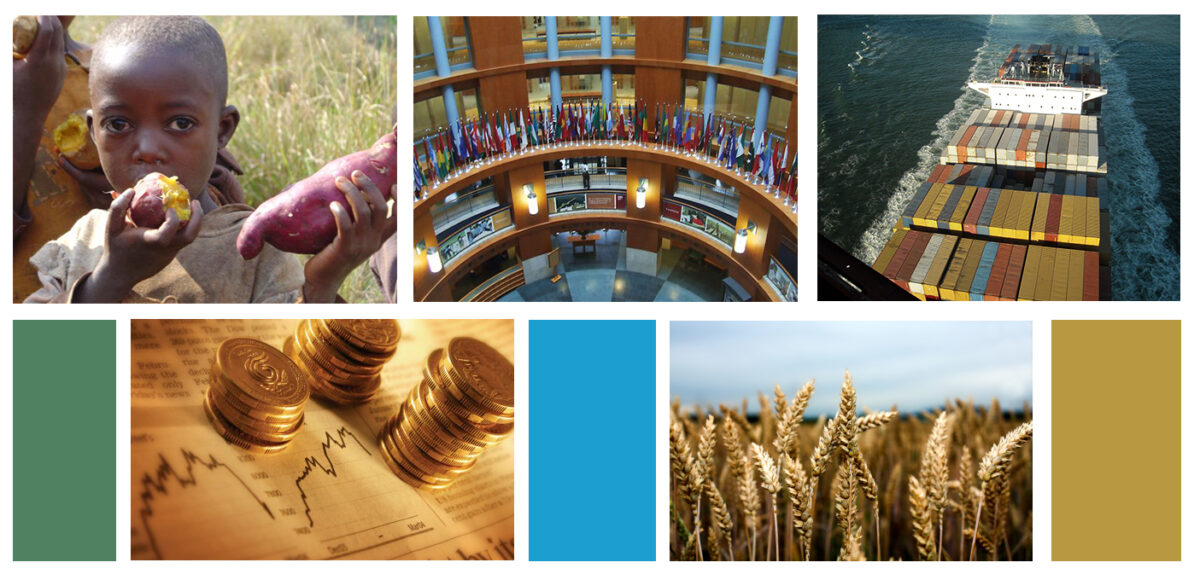The Globalization Paradox Why Global Markets, States, and Democracy Can't Coexist
“For a century, economists have driven forward the cause of globalization in financial institutions, labour markets, and trade. Yet there have been consistent warning signs that a global economy and free trade might not always be advantageous. Where are the pressure points? What could be done about them?…” [Publisher’s Book Website] Author’s Book Presentation, August […]

